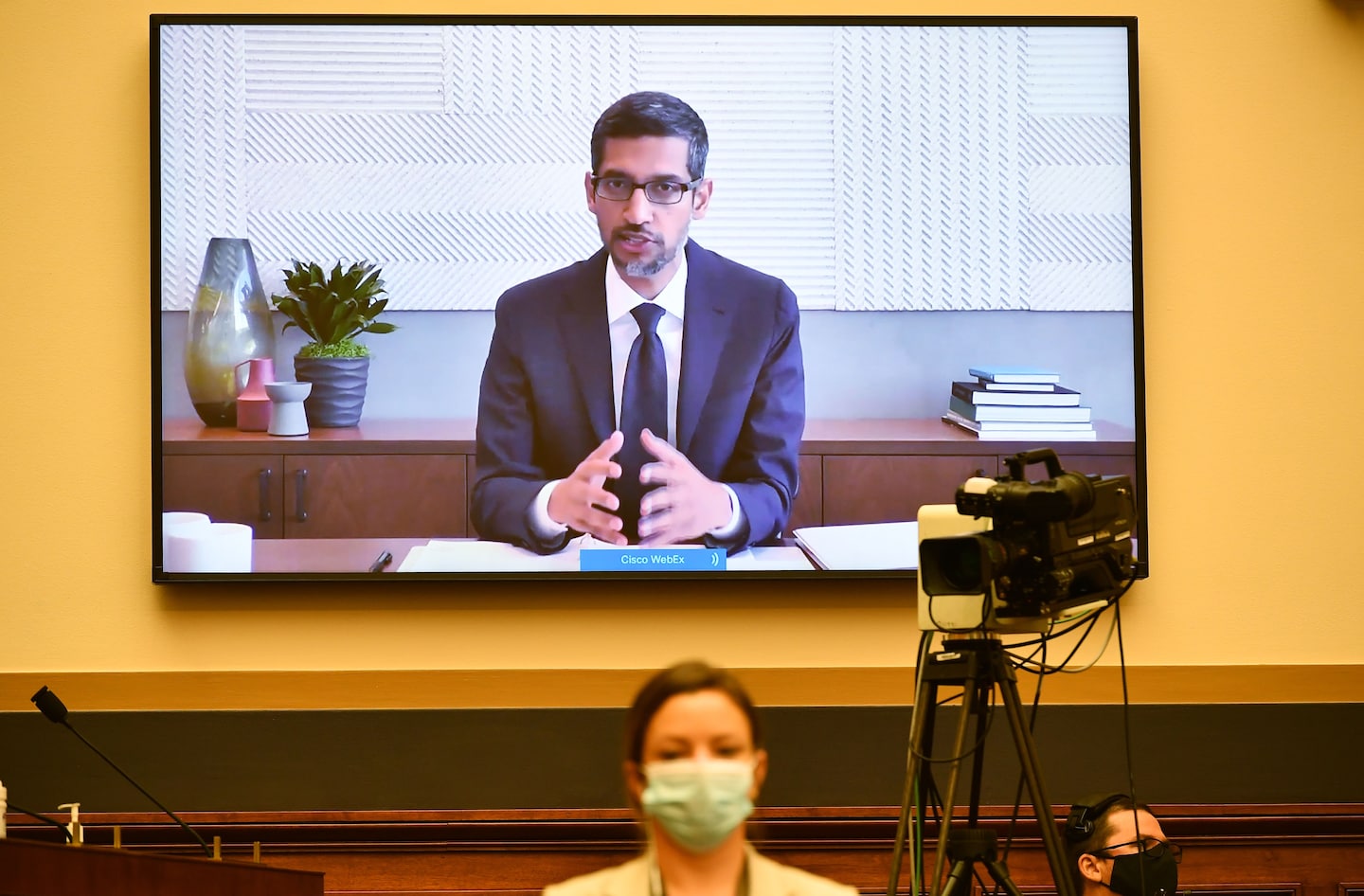The Internet’s threat is more about national security than the economy

The presumption, shared by Congress and much of the public, which has a long-standing suspicion of power and bigness, is that dealing with the antitrust issues is tantamount to confronting the threats posed by the Internet. But it isn’t. The real threat is the possibility of a mass cyberattack on the nation’s information infrastructure. The Internet is fundamentally a national security problem, which is different from saying it has too much market power.
When I wrote above that “it’s the technology, stupid,” I wasn’t trying to be cute. What I meant is that the chief culprit is the nature of the technology itself, not the market power of the top Internet firms.
For argument’s sake, let’s assume that Congress or the White House decides to break up Amazon, Apple, Facebook and Google into three companies each. I am not saying this is desirable or undesirable, but it would surely transform the structure. (Disclosure: Amazon chief executive Jeff Bezos owns The Post.) What it would not do is make the world a safer place. Paradoxically, it might make it harder for governments to monitor and regulate the top firms. There would be more firms to watch, and smaller firms with fewer resources might actually become more vulnerable to attack.
To be fair, let’s note that no country has yet suffered a mass cyberattack from a nation or a rogue group that targeted its basic information infrastructure, with the possible exception of Ukraine, attacked by Russia in 2014. Some cyber experts minimize the possibility. It strikes them as melodramatic alarmism. Perhaps they are right.
This is worth repeating: Despite many breaches, none has yet risen to the level of a concerted assault designed to bring daily life to a halt. But the experts could also be wrong. It may be that a mass attack on the United States or some other major target is just a matter of time. What would such an attack look like and feel like? We now have a crude standard of comparison: the coronavirus pandemic and the subsequent shutdown of major parts of the economy and society.
The consequences of a massive cyberattack could make the disruptions caused by the pandemic seem like child’s play. There might be simultaneous assaults on the nation’s power, communication, financial and transportation networks. People would stumble about in a cyber fog with public and private communications channels, from email to cable TV, disabled or overwhelmed.
We are fooling ourselves if we think that breaking up the industry means we are confronting the true threat of the Internet. I have written before that we’d be better off without the Internet — a suggestion that some regarded as a silly attempt at humor but, though unrealistic, was an attempt to emphasize the seriousness of the matter.
My view, then and now, is that all the wonderful things that the Internet allows us to do are potentially offset by the possible costs that it could impose on us. If the industry deserves harsh criticism — and it does — it is for playing down or ignoring the threats posed by this novel and nerve-racking new technology.
Just what should we be doing now to protect ourselves? The choices aren’t good. Switch more and more cyber-traffic to private networks? Build some sort of cyber-wall to filter out more unwanted traffic? All the possibilities come with high costs and many practical problems.
But none is likely until we acknowledge the true nature of our problem. Congress seems a long way from doing that. The congressional appearance of the Big Tech executives gave some indication of the gap. Most Democratic members and some Republicans were having too much fun beating up Big Tech. It’s a traditional role, but it’s now outdated. We need to catch up with reality.
Read more:






